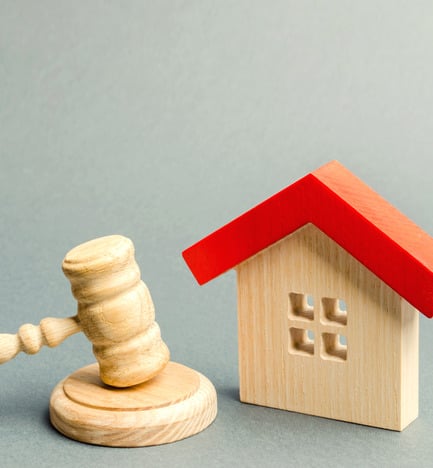

How does a Society finance itself? How does it screen potential members? Why does it bill its members maintenance charges? Where and when does the member voice his concerns or opinions?
These questions must have popped in your head time and again as a member of a housing society. Look no further than the inconspicuous little book of ‘ Society Bye laws ”.
Society Bye-laws are rules formed by residential societies to self-regulate their activities and to control the actions of its members. Housing society bye laws are provided and approved by higher authorities (government bodies, legislative authorities). Society Laws could vary from one state to another in their particulars, yet the basic framework and nomenclature remain the same. Let’s briefly explore distinctive categories for each component of the functioning of a society. These are broad categories that cover every aspect of housing society rules and regulations, be it holding a meeting, issuing shares to members, collecting dues from them, conducting Elections, allotting parking spaces or putting out a circular on the notice board.
The managing committee of an Apartment Owners Association (or Residents Welfare Association) must have bye-laws in order to ensure adequate upkeep of the apartment building and to swiftly and effectively address the problems residents encounter. Escaping the problems is difficult. Convincing the society to accept the chosen laws and regulations is a challenging endeavour. A set of regulations known as the bye-laws provides a solution to all associated problems. The bye-laws are adopted by each apartment building as soon as it registers. The bye-laws are regarded as the apartment complex’s constitution and regulate how it operates on a daily basis.
The answer to any question you have about the functioning of your society can be found in the model bye-laws of housing society . They may seem verbose or cumbersome, but they should be on your ‘essential reading list’ as they are your ‘set in stone’ legal chaperones that cannot be refuted by any society under any circumstances. As part of a society, you’d be remiss if you are not aware of your basic rights and duties, your society’s foundational policies, its management and the guidelines that dictate its decisions. A lot of homeowners harbour an approach of ‘we’ll cross that bridge when we get to it’ with respect to the rules of a society, thinking all is accomplished once they have occupied their residence inside it. Be that as it may, to avoid being misinformed or manipulated by dishonest committee members, to stop the violation of your rights, or simply to be aware of the workings of the community you’re part of, familiarising yourself with model bye-laws of housing society is necessary. Cooperative society bye-laws are easily available online to peruse in your own time. Otherwise, as a member you have the right to ask for a copy from your society.